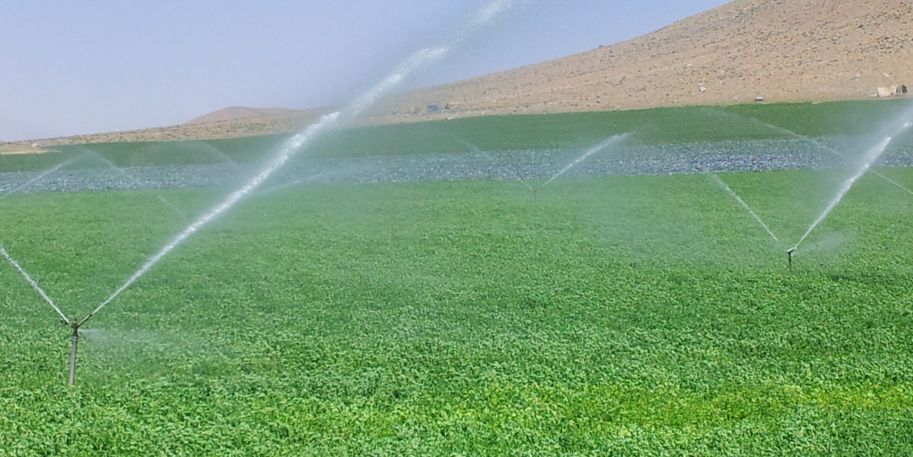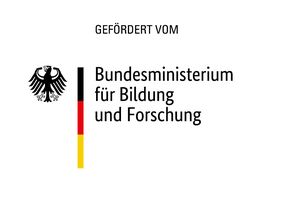New technologies for brackish water treatment
The use of brackish water for agricultural and industrial purposes is becoming increasingly important in the Middle East. Increasing the previously low exploitation rates of brackish water resources is one of the ways to increase water availability. To do this, however, the existing technological systems must be further developed.
The HighRec project aims at developing and testing desalination technologies so as to accomplish two objectives: consume less energy than previous techniques and minimise the amount of brine concentrate left behind. In addition, the use of the new technology is to be supported by experts on site with e-learning courses.
Enabling environmentally-friendly and energy-efficient desalination
The high energy demand and the associated CO2 emissions pose a general problem for desalination. The second problem is the disposal of the brine, a concentrate that has so far accounted for 40 to 50 percent of the raw water flow in brackish water desalination. The disposal of this brine is much more critical at inland sites than in seawater desalination.
The aim of the HighRec project is to develop highly flexible desalination systems with so-called Closed Loop Reverse Osmosis processes, which enable a very high recovery rate of up to 85 percent as well as a dynamic adaptation to changing compositions of brackish water.
The energy supply of the system is based on renewable energies with minimised battery buffering. Since the use of brine is one of the main drawbacks of inland desalination plants, technical concepts for increasing the concentration and complete water extraction are being developed and investigated both from a technical and economic point of view.
Securing agricultural yields in Qatar and Iran
Relevant studies are planned at two different locations using a demonstration plant: In Qatar, brackish water will be desalinated for hydroponic agriculture and in Iran for the irrigation of saffron. To that end, inter 3 will identify the brackish water resources and the utilisation potentials in both countries in advance of the development of the technology.
After the development and start-up of the demonstration plants, inter 3 will analyse and evaluate the Closed Loop Reverse Osmosis process with comparable technologies using a multi-criteria evaluation method.
Parallel to the research and development work, inter 3 will didactically prepare the necessary know-how and skills for the commissioning, operation, maintenance and repair of the demonstration plant and develop self-explanatory digital learning and training units. These shall allow the specialist staff on site to independently operate the plant as well as carry out the regular maintenance measures and necessary repair work.

![[Translate to English:] Porträt von Dr. Shahrooz Mohajeri](/fileadmin/_processed_/e/2/csm_21c969_ls_weiss-162_cb8e5e877b.jpg)
![[Translate to English:] Porträt von Dr. Ali Asghar Besalatpour](/fileadmin/_processed_/7/4/csm_21c969_ls_weiss-29_b4350f97bd.jpg)

